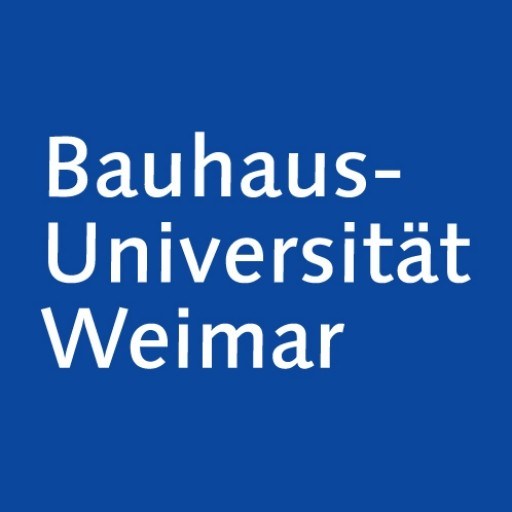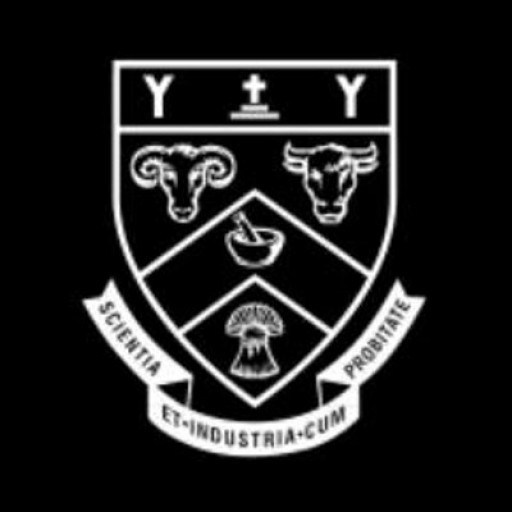Photos of university / #aaustudieliv
The Master of Science in Mobilities and Urban Studies at Aalborg University is an interdisciplinary program designed to equip students with comprehensive knowledge and practical skills to analyze, develop, and implement sustainable solutions for urban mobility challenges. The program explores the complex interactions between transportation systems, urban development, policy-making, and societal needs, preparing students to engage critically with the transformation of urban environments in the context of global mobility trends. Through a combination of theoretical frameworks and hands-on projects, students gain insights into active transportation, smart mobility, infrastructure planning, environmental impacts, and technological innovations shaping the future of cities. Emphasizing a problem-based learning approach, the program encourages collaboration across disciplines, fostering innovative thinking and entrepreneurial skills critical for addressing contemporary urban mobility issues. Students will have opportunities to work on real-world case studies, engage with industry stakeholders, and develop sustainable mobility solutions tailored to diverse urban contexts. The curriculum covers topics such as transport planning, urban design, policy analysis, digital mobility solutions, and social implications of mobility choices. Graduates of this program will be well-prepared for careers in public and private sectors, including urban planning agencies, transportation authorities, consultancy firms, technology companies, and NGOs, contributing to the development of accessible, efficient, and environmentally friendly urban transportation systems. With a global perspective and a strong emphasis on sustainability, the program aims to advance innovative practices that enhance the quality of urban life, reduce environmental impacts, and support resilient and inclusive cities.
Mobility and Urban Studies at Aalborg University offers a comprehensive and interdisciplinary program designed to equip students with the theoretical knowledge and practical skills necessary to understand, analyze, and develop solutions for contemporary challenges in urban environments. The program focuses on the dynamic aspects of urban mobility, transportation systems, land use, and sustainable development within the context of rapidly changing cities worldwide. Students will explore topics related to urban planning, policy-making, environmental impact, social equity, and technological innovations that influence how people move and interact within urban spaces. The curriculum combines lectures, project-based learning, case studies, and fieldwork to foster a hands-on understanding of real-world issues faced by urban planners, policymakers, and researchers.
Throughout the program, students will engage with cutting-edge research and methodologies in urban studies, including spatial analysis, data-driven decision-making, and community engagement strategies. They will examine the social, economic, and environmental dimensions of mobility, gaining insights into how infrastructure, transportation modes, and urban design can be optimized for sustainable and inclusive cities. The program emphasizes a collaborative approach, encouraging students to work in diverse teams on projects that address pressing urban mobility challenges such as congestion, pollution, social inequality, and resilience to climate change.
The program prepares graduates for careers in urban planning consultancy, transport authorities, governmental agencies, non-governmental organizations, and research institutions. It also offers opportunities for international mobility, internships, and collaboration with industry partners, providing students with a global perspective on urban mobility issues. Graduates will be equipped to critically assess current urban mobility systems, propose innovative solutions, and contribute to the development of more sustainable, accessible, and liveable cities. With a strong emphasis on interdisciplinary approaches, innovative problem-solving, and societal impact, the Mobility and Urban Studies program at Aalborg University aims to shape future leaders in urban development and mobility management.
The Master’s degree in Mobilities and Urban Studies at Aalborg University requires applicants to hold a relevant Bachelor’s degree or equivalent qualification from an accredited institution. The program emphasizes interdisciplinary knowledge in urban planning, transport systems, and social sciences, requiring applicants to demonstrate a solid foundation in these areas. Proficiency in English is mandatory, with accepted tests including TOEFL or IELTS, ensuring students can engage fully with the coursework and research components. The program is designed for students with a keen interest in sustainable urban development, mobility, and related policy analyses. While specific prior coursework is not explicitly listed, it is advantageous for applicants to have completed studies in areas such as urban geography, civil engineering, transportation planning, sociology, or environmental studies. The admission process may also consider relevant work experience or internships in urban development or transportation sectors, which can strengthen an application. Once admitted, students are expected to participate actively in seminars, group projects, and research activities that foster a comprehensive understanding of mobility and urban issues. The program curriculum includes core modules on urban theory, sustainable mobility, and spatial planning, along with elective courses allowing specialization in specific areas like smart city technologies or policy implementation. To graduate, students must complete a combination of coursework, examinations, and a master’s thesis that contributes new insights to the field of mobilities and urban studies. The overall aim of the program is to equip graduates with analytical skills, practical knowledge, and innovative approaches necessary for tackling contemporary urban mobility challenges globally. Graduates are well-prepared for careers in urban planning agencies, research institutions, or international organizations focused on sustainable development and smart city initiatives, as well as for doctoral studies in related disciplines.
The financing options for the Mobilities and Urban Studies program at Aalborg University are designed to accommodate a diverse range of students, reflecting the university’s commitment to internationalization and accessibility. Tuition fees for international students vary depending on the student’s country of residence. For non-EU/EEA students, the annual tuition fee is generally set at approximately 15,000 to 18,000 EUR, which covers the duration of the program. EU/EEA students benefit from significantly reduced fees or are eligible for free education, depending on the specific regulations applicable at the time of enrollment. Danish students and residents also often have access to state-funded education, offering substantial financial relief.
Students enrolling in the program have access to various scholarship opportunities. The university participates in international scholarship programs such as the Erasmus Mundus Joint Master Degrees, which provide full or partial funding to outstanding students from around the world. Moreover, Aalborg University offers numerous internal scholarships aimed at supporting students in financial need, including grants based on academic performance and socio-economic factors. These scholarships typically cover tuition fees and, in some cases, living expenses.
In addition to scholarships, students may qualify for external funding sources, such as government student loans and grants available in their home countries. For instance, students from Nordic countries are often eligible for government-sponsored loan schemes that support higher education. The Danish Agency for Higher Education and Science provides information about financial aid options for international students planning to study in Denmark, including the possibility of applying for student loans and stipends.
International students are also encouraged to seek funding through bilateral agreements between their home countries and Denmark, which may include exchange programs or bilateral scholarships. Furthermore, some students pursue part-time work opportunities available on or off campus, subject to Danish regulations, to help finance their studies. The university’s career services can assist students in finding suitable employment opportunities.
Living expenses are an essential part of financing studies, and students should budget for accommodation, food, transportation, books, and personal expenses. The estimated monthly living costs for students in Aalborg range between 8,000 and 12,000 DKK (approximately 1,070 to 1,600 EUR). There are various accommodation options supported by the university, including student residences, which are often more affordable and can be subsidized through student grants or loans.
Overall, while the specific financing options for the Mobilities and Urban Studies program at Aalborg University are primarily dependent on the student’s nationality and individual circumstances, the university provides a range of financial aid, scholarship, and employment opportunities to support students throughout their studies. Detailed and updated information about tuition fees, scholarship applications, and financial aid procedures can be obtained directly from the university’s official website and the student services office.
The Master’s Programme in Mobilities and Urban Studies at Aalborg University is a multidisciplinary program designed to provide students with deep insights into the complex dynamics of urban environments and the movement of people, goods, and information within them. This program emphasizes understanding the social, economic, environmental, and infrastructural aspects that shape contemporary urban life and mobility systems. Students are introduced to a variety of theoretical frameworks and practical approaches to analyze urban mobility and develop sustainable solutions for urban development challenges.
The curriculum covers key topics such as transportation planning, urban design, social inclusivity, environmental sustainability, and technological innovations in mobility. The program encourages critical thinking about the impact of mobility on city life and explores how policies and innovations can improve urban sustainability and quality of life for residents. It combines lectures, group projects, field studies, and case analyses, fostering both theoretical understanding and practical skills.
Students have the opportunity to collaborate with local governments and industry partners to gain real-world experience. The program also promotes global perspectives, recognizing that urban mobility issues are universal but context-specific. Graduates will be equipped to work in urban planning agencies, transportation authorities, consulting firms, and non-governmental organizations focusing on sustainable urban development.
Aalborg University’s innovative problem-based learning approach is integral to this master’s program, encouraging students to develop solutions to real urban mobility challenges through teamwork and project-based assignments. The program is typically two years in duration, culminating in a master’s thesis that demonstrates students’ ability to apply their knowledge to a specific research problem or practical issue. Graduates of this program will possess a comprehensive understanding of the interconnected issues impacting urban mobility and a skill set to innovate and implement sustainable solutions in urban settings worldwide.







